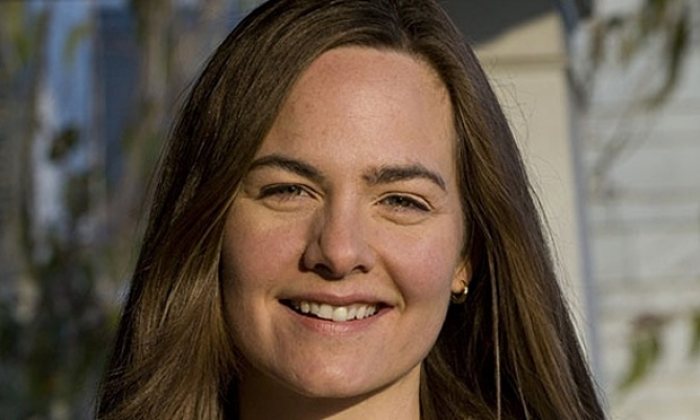It's apt that the opening chapter of Christine Montross's second book is titled Bedlam, since an account such as this could easily, in less compassionate hands, become a modern-day version of London's old Bethlem hospital, where the mentally disordered were exposed to the public gaze as curiosities. Montross is an assistant professor of psychiatry at Brown University and a practising clinical psychiatrist, and her book reflects both strands of her work; it is rich with historical background and searching questions about the ethics of psychiatric treatment. But it is the vividly drawn case studies she shares – the human faces of her hospital's most terrifying disorders – that make the book so compelling.
Each chapter considers a particular aspect of psychiatric medicine through the lens of an individual's condition. Through Colin, who arrives dressed as Jesus in the grip of an apparently benign mania, she firmly debunks the romanticisation of madness and reflects on the point at which heightened spiritual experience can tip into illness. She recounts her frustrations with Lauren, a young woman repeatedly rushed to the emergency room because her response to distress is to swallow steak knives and broken glass. Here, as so often in mental health care, the moral questions are inseparable from the practical issue of resources. State-funded healthcare will not pay for Lauren to have the kind of ongoing therapy that might address the problems underlying her deliberate self-harming, yet her constant admissions and surgery end up costing the hospital thousands of dollars more per year than psychiatric treatment would...

